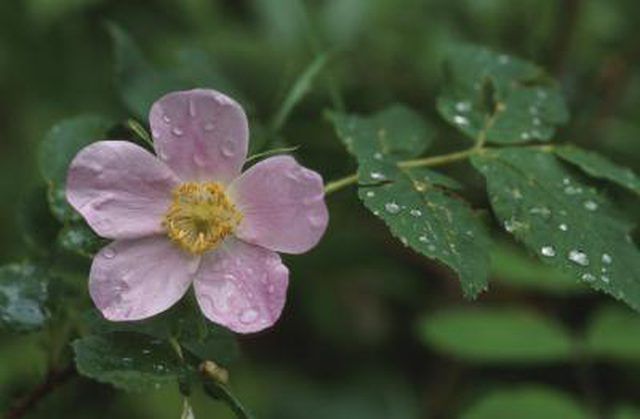Bulbs
Flower Basics
Flower Beds & Specialty Gardens
Flower Garden
Garden Furniture
Garden Gnomes
Garden Seeds
Garden Sheds
Garden Statues
Garden Tools & Supplies
Gardening Basics
Green & Organic
Groundcovers & Vines
Growing Annuals
Growing Basil
Growing Beans
Growing Berries
Growing Blueberries
Growing Cactus
Growing Corn
Growing Cotton
Growing Edibles
Growing Flowers
Growing Garlic
Growing Grapes
Growing Grass
Growing Herbs
Growing Jasmine
Growing Mint
Growing Mushrooms
Orchids
Growing Peanuts
Growing Perennials
Growing Plants
Growing Rosemary
Growing Roses
Growing Strawberries
Growing Sunflowers
Growing Thyme
Growing Tomatoes
Growing Tulips
Growing Vegetables
Herb Basics
Herb Garden
Indoor Growing
Landscaping Basics
Landscaping Patios
Landscaping Plants
Landscaping Shrubs
Landscaping Trees
Landscaping Walks & Pathways
Lawn Basics
Lawn Maintenance
Lawn Mowers
Lawn Ornaments
Lawn Planting
Lawn Tools
Outdoor Growing
Overall Landscape Planning
Pests, Weeds & Problems
Plant Basics
Rock Garden
Rose Garden
Shrubs
Soil
Specialty Gardens
Trees
Vegetable Garden
Yard Maintenance
How to Tell if Cold-Pressed Rose Hip Oil is Genuine
How to Tell if Cold-Pressed Rose Hip Oil is Genuine. Rose hip oil comes from the seeds inside the fruits (hips) that develop at the center of wild roses. These seeds are harvested from the hips in the fall after a frost, then pressed to extract the oil, which can be used as a remedy for damaged skin. The process of cold-pressing rose hip seeds uses...

Rose hip oil comes from the seeds inside the fruits (hips) that develop at the center of wild roses. These seeds are harvested from the hips in the fall after a frost, then pressed to extract the oil, which can be used as a remedy for damaged skin. The process of cold-pressing rose hip seeds uses a screw-driven machine to extract the oil instead of using a chemical solvent such as petroleum-based hexane. Knowing whether cold-pressed rose hip oil is genuine is important because it retains more beneficial antioxidants and essential fatty acids than chemically extracted oil.
Look at the bottle the rose hip oil came in. It should be blue or brown glass, not clear, to limit the amount of direct light reaching the oil, which can make the quality deteriorate faster or turn the oil rancid.
Read the label closely for clues. Try to determine where the oil was produced and look for any "organic" statements. You may find certified organic labeling or a statement on the label that the product is expeller- or cold-pressed. The ingredients should list 100 percent cold-pressed rose hip oil. If you see chemicals or additives, then the oil is probably not cold-pressed.
Check the directions on how to use and store the rose hip oil. If the directions say an opened bottle will last for more than 90 days, then the manufacturer used chemicals or preservatives, and it may not be genuine cold-pressed rose hip oil.
Open the bottle and take a whiff. The oil should have a distinct odor but not a sweet rose fragrance. If you smell roses, the manufacturer added fragrance, and the oil probably is not genuine rose hip oil.
Place some of the oil on a white surface and look at the color. Rose hip oil is naturally a reddish hue, although a cold-pressed oil can be strained or refined into a clear oil. If the oil has a reddish color, it is more likely to be cold-pressed.
Contact the manufacturer to ask questions about the oil or to clarify any of the statements on the label. The label may provide contact information such as a phone number or website for consumers.
Tips & Warnings
"Natural" rose hip oil may not necessarily be cold-pressed, so ask the supplier if you are not sure.
Rose hip oil will keep for up to two years unopened in a cool, dark place, and only 90 days once opened.
Buy only a 90-day maximum supply of rose hip oil because of the short shelf life.
Test rose hip oil elsewhere on your skin before using it on your face if you have oily skin and are prone to acne.